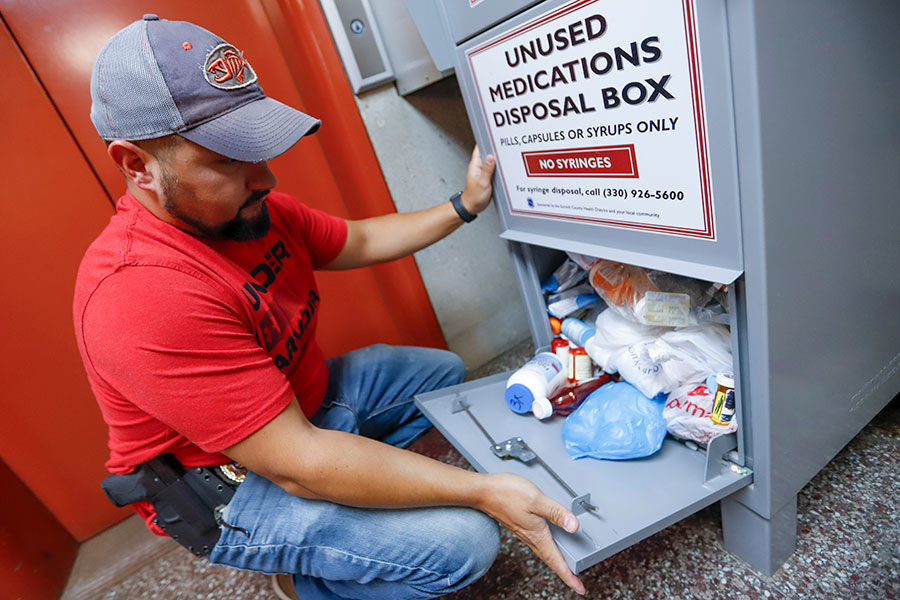Opioid epidemic has the US in its grip


According to some legal arguments, Hunter is seeking to push public nuisance law beyond its intended purpose of cleaning up trash-filled vacant lots, fixing smelly factories, or limiting excessive noise. New York City and Oakland, California, unsuccessfully attempted to use public nuisance law to force oil companies to pay for damage they alleged would be caused by future climate change resulting from burning fossil fuels.
Unlike product liability lawsuits, public nuisance cases do not require evidence of a direct link between the alleged nuisance and its effect. A company can be found liable if it is "unlaw fully doing an act, or omitting to perform a duty", according to websites on which the law is being discussed.
In his decision, Oklahoma State Judge Thad Balkman said Johnson & Johnson acted unlawfully by relying on "misleading marketing" designed to "influence doctors" and "governmental agencies" while "optimizing the benefits of prescription opioids for pain management and minimizing their risks".
The judge made no link between doctors, prescriptions, pharmacies and those who became addicted or died.
Private attorneys who helped the Oklahoma attorney general prepare the case have already been awarded $60 million, according to news reports.
In a related case, Allergan, based in Dublin, the Irish capital, agreed to pay $5 million to settle its portion of a federal opioid case scheduled to begin next month. The company agreed to pay $1.9 million to Summit County, Ohio, and $3.1 million to Cuyahoga County, also in Ohio. The claims were selected to serve as bellwethers in opioid litigation, according to media reports.


















